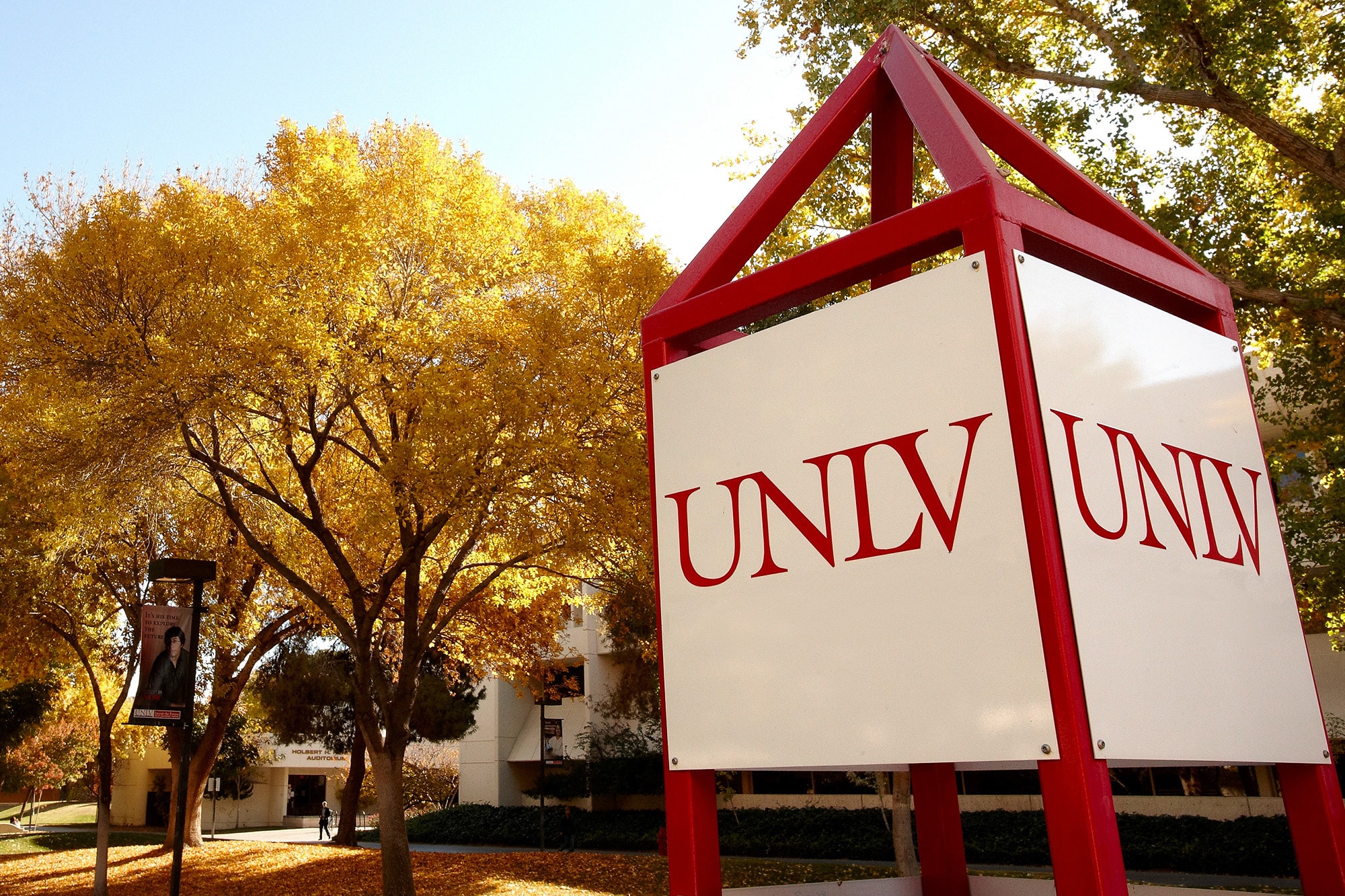UNLV has received a two-year, $1.78 million grant from the U.S. Department of Defense (DOD) to conduct research that could help doctors save valuable time in the fight against breast cancer, the second leading cause of cancer death among women.
Stephen Carper, UNLV biochemistry professor and cancer researcher, will serve as principal investigator for the project. During his research, Carper will study whether the presence or absence of specific proteins in breast cancer cells can predict how tumors will respond to various chemotherapeutic treatments.
If successful, he says the research could ultimately help doctors more accurately select the most effective forms of treatment for their patients.
"Time is of the essence in the treatment of cancer, and knowing how tumors will respond to various options is obviously one of the most important elements to patient survival," says Carper. "We hope that through this research we can eliminate some of the guesswork that goes into selecting treatment options and contribute to the body of knowledge that will, ultimately, improve patient outcomes."
Carper will expose eight established breast cancer cell lines to a variety of stresses and then identify the presence of specific proteins that may predict how the tumor will respond to treatment. He will then measure the levels of those proteins in patient tumor samples to determine if the tumors with higher levels of specific proteins lead to higher levels of tumor recurrence than the tumors with lower levels.
" This project reflects a dynamic partnership between our UNLV faculty, a private research institute, and the federal government to address the treatment of breast cancer, one of the most challenging research issues of our time. We are pleased to be a leader in this project," said Paul Ferguson, UNLV vice president for research and graduate studies.
Other partners in the project include the Windber Research Institute, a biotechnology company in Windber, Pa., that specializes in protein detection, and the Clinical Breast Care Project at the Walter Reid Army Medical Center in Bethesda, Md., which will supply patient samples. The grant will also support the work of a research assistant professor, one technician, and two graduate students from UNLV.
The grant was awarded through the U.S. Army's Congressional Directed Medical Research Program (CDMRP), with assistance from the office of Sen. Harry Reid.
The CDMRP originated from a unique partnership among the public, Congress, and the Department of Defense. Grassroots advocacy organizations provided much of the impetus that led to a FY 92 appropriation of $25 million targeted to funding research on the screening and diagnosis of breast cancer among military women and dependents. Since FY92, the CDMRP has awarded over 6,000 grants for a total of 3 billion dollars making it second only to the National Cancer Institute as a source of funding for breast cancer research.
According to American Cancer Society, breast cancer is the most common cancer among women, other than skin cancer. It is the second leading cause of cancer death in women, after lung cancer. In 2006, about 1,600 women in Nevada will be found to have breast cancer and approximately 320 women will die from the disease this year, while nationwide there will be more than 210,000 new cases and 41,000 fatalities. Right now there are slightly over 2 million women living in the United States who have been treated for breast cancer.



